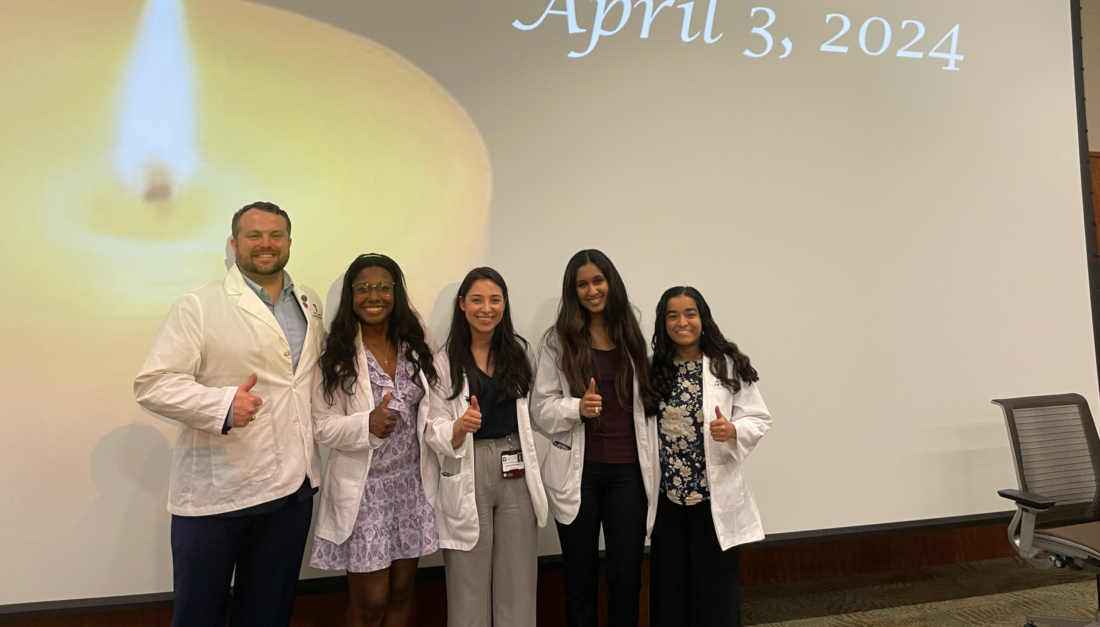SRPH researchers find physicians do not always clearly state decisions to patients
(COLLEGE STATION, TX) — Researchers at the Texas A&M Health Science Center School of Rural Public Health have found that under certain conditions, physicians do not clearly state decisions about a course of action for patients.
The study, “Decision or No Decision: How Do Patient-Physician Interactions End and What Matters,” by Ming Tai-Seale, Ph.D., M.P.H., associate professor at the HSC-SRPH, is in the March issue of Journal of General Internal Medicine and is now available online.
In a study of 395 interactions between elderly patients and physicians, Dr. Tai-Seale and her team found that the more time a patient spent speaking on a topic, the more likely a decision would be made. The opposite occurred when a patient discussed more topics and in discussion of topics covering lifestyle and habits. About 77 percent of topics ended with explicit decisions being made.
“Given the time constraints, it is paramount that patients and physicians invest in the end of the discussions,” Dr. Tai-Seale said. Both physicians and patients can learn from these findings, Dr. Tai-Seale said, and adjust their communication and behavior to produce actionable results.
“Medical education could emphasize the art and science of bringing meaningful closure, therefore empowering patients to better care for themselves,” Dr. Tai-Seale said. “We recommend a written ‘exit prescription’ with a brief plan for each topic discussed to help patients and physicians close the loop in their communication. For patients, they can learn to expect their physicians to speak to them in ways that they can understand. If they don’t understand what they are supposed to as a result of the consultation, they should voice their need for more information until they have a clear understanding.”
Other Journal of General Internal Medicine study contributors from the HSC were Xiaoming Bao, M.S., staff member of health policy and management in the SRPH; and Rachel Bramson, M.D., M.S., associate professor of family and community medicine in the HSC-College of Medicine. Grants from the National Institute of Mental Health, National Institute on Aging, HSC-SRPH, and the Scott & White Health Plan Health Services Research Program supported this research.
The Texas A&M Health Science Center provides the state with health education, outreach and research. Its six components located in communities throughout Texas are Baylor College of Dentistry, the College of Medicine, the Graduate School of Biomedical Sciences, the Institute of Biosciences and Technology, the Irma Lerma Rangel College of Pharmacy, and the School of Rural Public Health.
Media contact: media@tamu.edu


